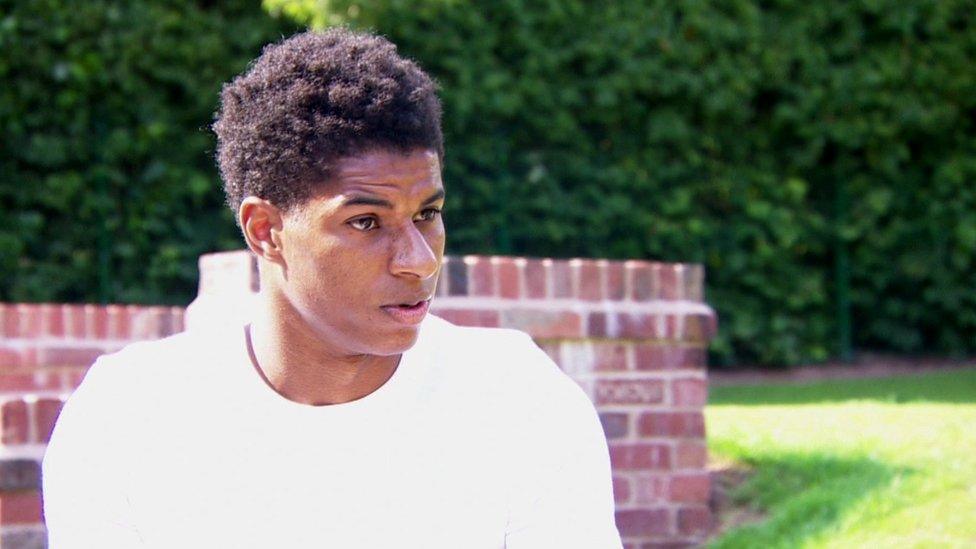Marcus Rashford welcomes school holiday support climbdown
- Published
'The families deserve the U-turn' - Rashford
The government is to spend more than £400m to support poor children and their families in England, following a campaign by footballer Marcus Rashford.
A winter grant scheme, to be run by councils, will provide support with food and bills, and a holiday food and activities programme is to be expanded.
Rashford said it would improve the lives of almost 1.7 million children.
The move represents a climbdown for the government, which had said Universal Credit was the best way to help.
From the package of support, a £170m ring-fenced fund will be distributed through councils, with at least 80% earmarked for help with food and bills.
This will receive funding from the beginning of December until the end of March.
The holiday food and activities programme will be expanded with a £220m investment to cover Easter, summer and Christmas in 2021.
On top of that, there will be a £16m cash boost for the nation's food banks.
Prime Minister Boris Johnson telephoned the Manchester United and England player on Saturday to tell him of the new plans.
Speaking after he took part in United's 3-1 Premier League win against Everton, Rashford said: "Following the game today, I had a good conversation with the prime minister to better understand the proposed plan, and I very much welcome the steps that have been taken to combat child food poverty in the UK."
Rashford said he remained concerned about the children who would miss out on help "because their family income isn't quite low enough".
However, he added: "The intent the government have shown today is nothing but positive and they should be recognised for that.
"The steps made today will improve the lives of near 1.7 million children in the UK over the next 12 months, and that can only be celebrated."
Rashford also told the BBC Mr Johnson had agreed to speak with the footballer's child food poverty taskforce.
"I am fully committed to this cause, and I will fight for the rest of my life for it, because in my mind, no child should ever go hungry in the United Kingdom," the player said.
Seeing the role everyone had played in supporting the most vulnerable children had been "the greatest moment of my life," he added.
Councils step up
Rashford's campaign began in June, after the government insisted it would not provide vouchers over the summer holidays for the 1.3 million children in England who were receiving free school meals in term time.
The government had previously given this support during the first coronavirus lockdown in April.
Rashford's campaign led to the government changing its policy to allow children to claim free meals during the summer holidays.
The footballer then called for free meals to be provided over the October half-term, with more than a million people signing a petition he set up.
But the government refused, saying enough support was being provided through the benefit system.
Last month, it whipped Conservative MPs to vote against a Labour motion in the House of Commons that called for the extension of free school meal provision.
This prompted a number of local authorities to say they would continue offering free school meals throughout the week's holiday in spite of that.
In October, a Downing Street spokesman said it was "not for schools to regularly provide food to pupils during the school holidays."
They added: "We believe the best way to support families outside of term time is through Universal Credit rather than government subsidising meals."


Marcus Rashford has prompted the government to act before.
Now he's done it again.
It is the second time the prime minister has picked up the phone to the 23-year-old footballer, whose campaign has struck a chord with many, and left many Conservatives acknowledging privately for some time they would have to change tack.
Strikingly, Rashford insists this isn't about politics, or criticising Boris Johnson, it's about helping poor families.
"We're not against him. That's the main reason I was happy to talk to him," he told BBC Breakfast.
But what also stands out is he's moving onto the next strand of his campaign - arguing that more families should get help.
Given his success so far, don't bet against him pursuing this pretty doggedly in the months ahead.

Announcing the support package, Work and Pensions Secretary Therese Coffey said the government knew it was a challenging time for many, and insisted it had consistently supported the lowest paid families by boosting welfare support.
"We want to make sure vulnerable people are cared for throughout this difficult time and, above all, no one should go hungry or be unable to pay their bills this winter," she added.
Shadow education secretary Kate Green said Labour had been campaigning for such a change, adding: "This should have been announced weeks ago to help the children at risk of going hungry over half term."
She added that ministers needed to bring forward a long-term plan to child poverty.
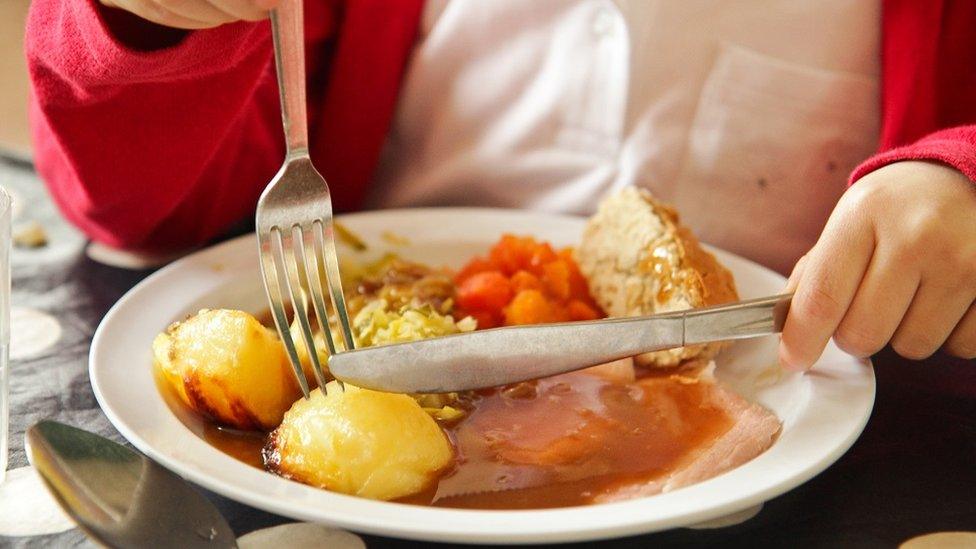
England's children's commissioner Anne Longfield welcomed the move but called on ministers to "go further" with Universal Credit support by retaining a £20 increase.
"Hunger does not take a holiday when schools close and a long-term solution to the growing number of children in poverty is urgently needed," she said.
Anna Feuchtwang, chief executive of the National Children's Bureau, who also chairs the End Child Poverty Coalition, said Rashford deserved "enormous credit for pushing the issue of poverty to the top of the public's agenda", adding that the government should be acknowledged for "listening".
James Toop, chief executive, of food charity Bite Back 2030, said: "It's great that Boris has listened to the voices of our young people who have been campaigning for meal provision through the holidays to be a priority through this crisis."
Leora Cruddas, chief executive of the Confederation of School Trusts, said the scheme was particularly welcome.
"Christmas will not be the same this year - and it is therefore even more important that we ensure that children have food and are kept warm."
Head teachers also welcomed the scheme but questioned why it could not have been in place for October's half term.
Nick Brook, deputy general secretary of school leaders' union the NAHT, said while the expansion of the activities programme was a positive move, it "falls short in addressing fully the issue of holiday hunger".
He added: "We would question whether provision of food to those going hungry should be dependent upon them attending an activity, which for a whole host of reasons might not be suitable, available or accessible for particular groups."
The Local Government Association, which represents councils, said the winter grant would help them find the best way to help families and individuals most in need, but called on the government to "adequately fund councils so they can provide wider long-term preventative support to all households who need it".

What is your reaction to the proposed support package? You can share your experiences by emailing haveyoursay@bbc.co.uk, external.
Please include a contact number if you are willing to speak to a BBC journalist. You can also get in touch in the following ways:
WhatsApp: +44 7756 165803
Tweet: @BBC_HaveYourSay, external
Please read our terms & conditions and privacy policy
If you are reading this page and can't see the form you will need to visit the mobile version of the BBC website to submit your question or comment or you can email us at HaveYourSay@bbc.co.uk, external. Please include your name, age and location with any submission.
- Published25 October 2020

- Published28 October 2020
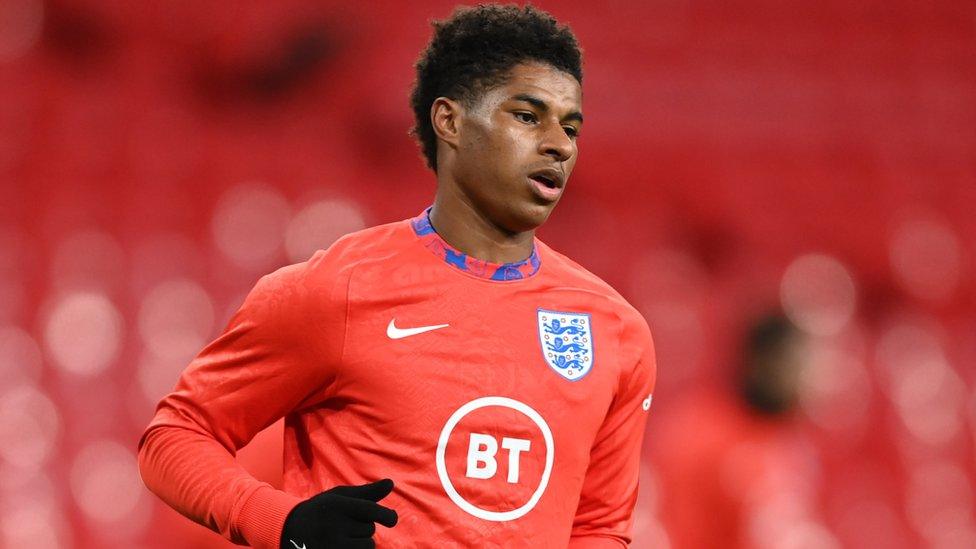
- Published23 October 2020
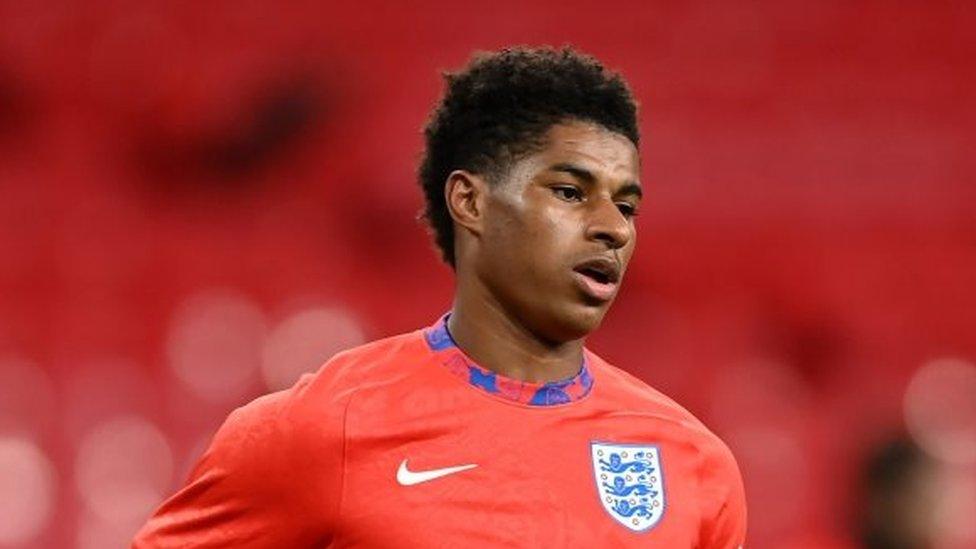
- Published15 October 2020
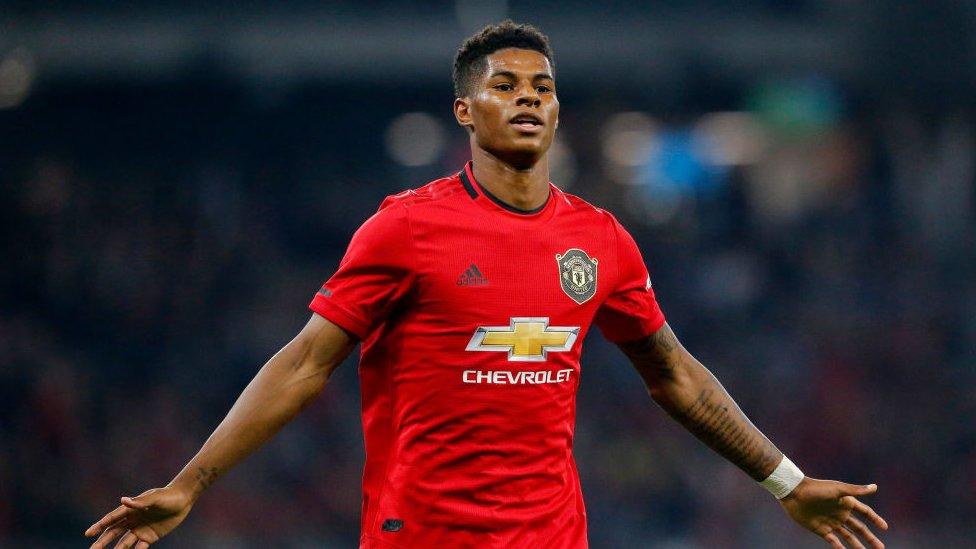
- Attribution
- Published10 October 2020
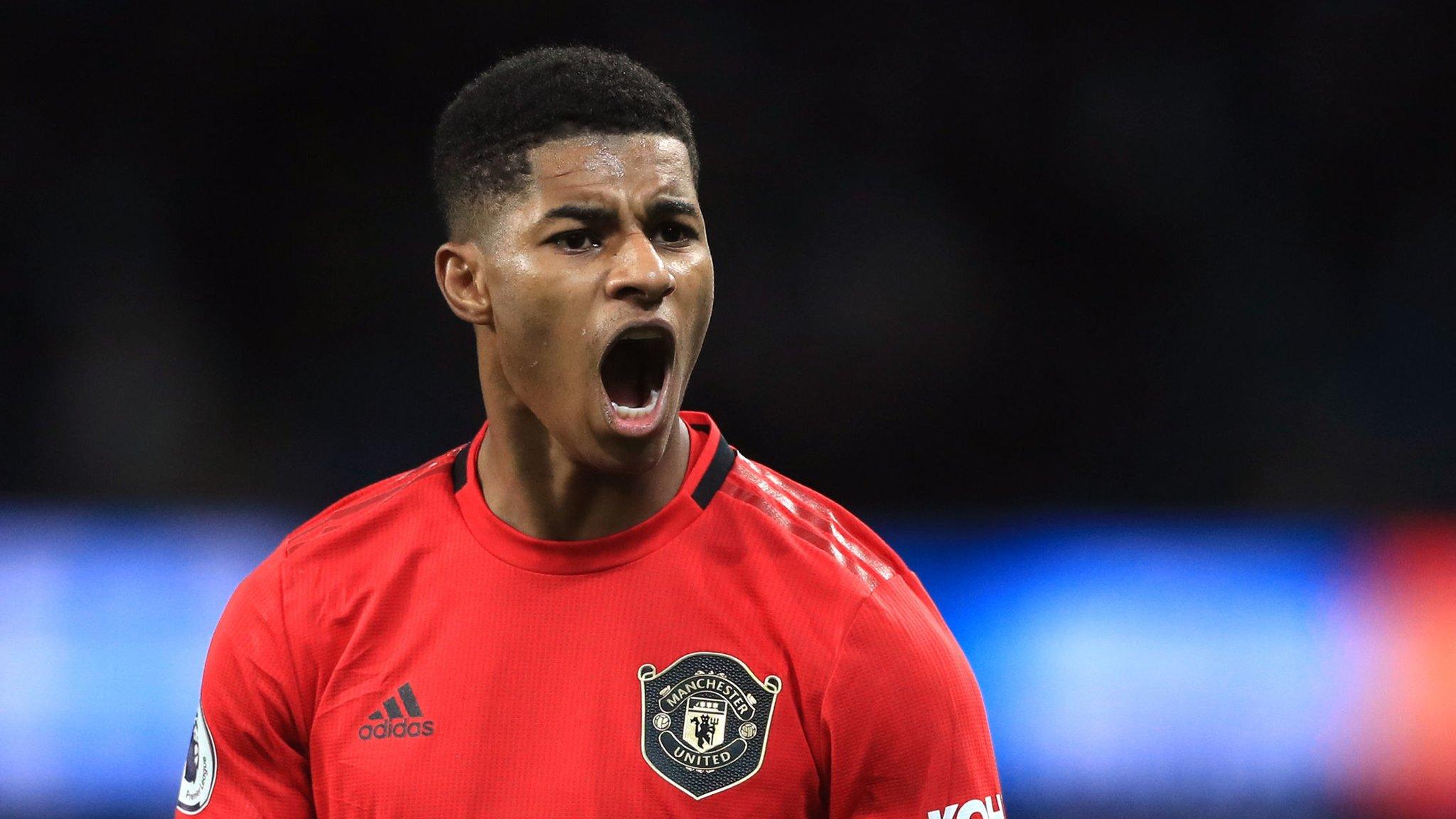
- Published26 September 2020
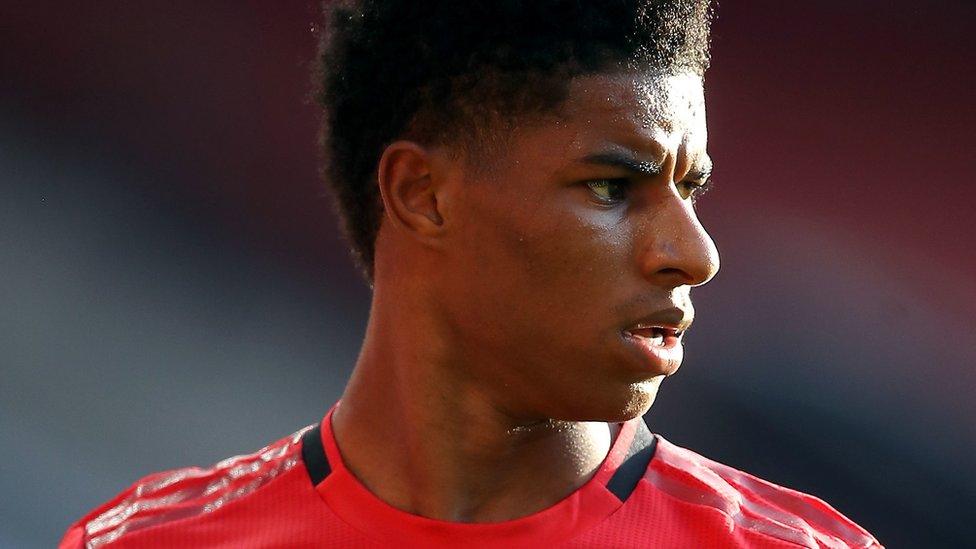
- Published16 June 2020
